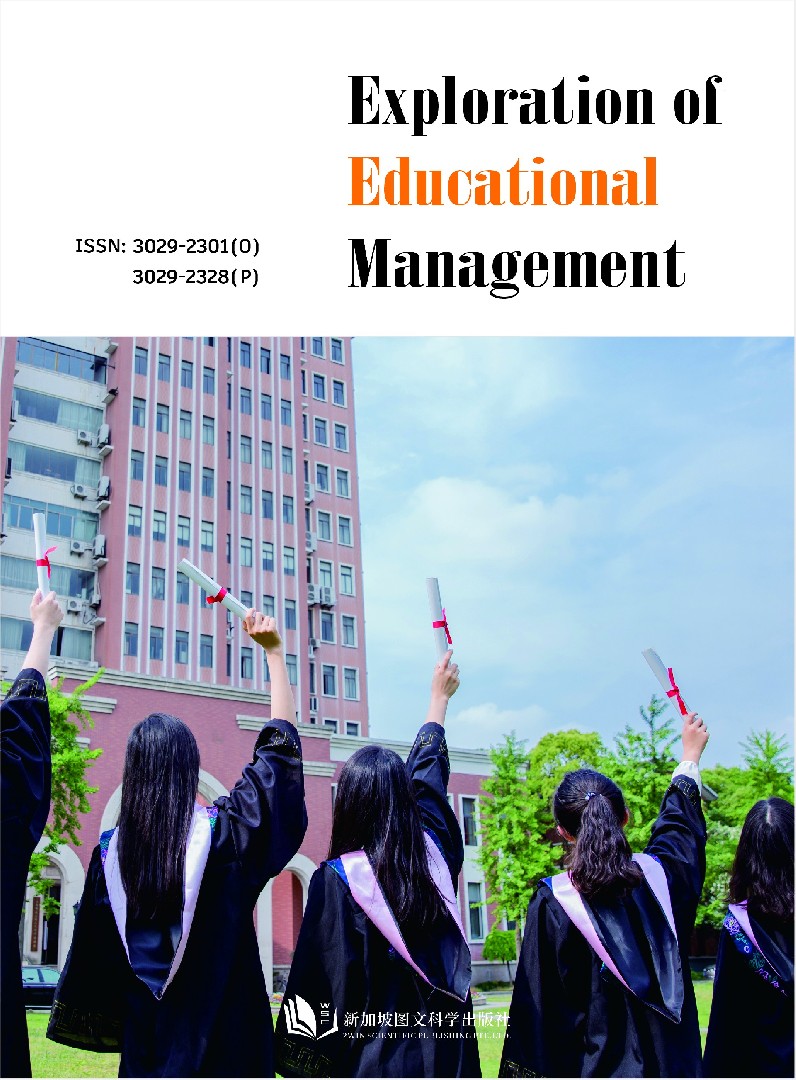作者
Xu Han,Cheng Huang
文章摘要
The growing emphasis on global competence in education has led to a reevaluation of international education evaluation systems. This paper explores innovations in evaluating international education from the perspective of global competence, using insights from the Programme for International Student Assessment (PISA) and examples of localization practices. By analyzing the strengths and limitations of PISA’s global competence framework and its applicability across different cultural contexts, this study aims to propose practical approaches for enhancing evaluation systems that accommodate both international standards and local educational needs. The findings suggest that while PISA provides a robust structure for measuring global competence, localized adaptations are essential to address cultural relevance and contextual factors in different countries.
文章关键词
Global competence; international education; PISA; localization; evaluation system
参考文献
[1] Boman,B.(2022).Educational achievement among East Asian schoolchildren 1967–2020:A thematic review of the literature.International Journal of Educational Research Open,3,100168.
[2] Chandir,H.,&Gorur,R.(2021).Unsustainable measures?Assessing global competence in PISA 2018.Education Policy Analysis Archives,29(August-December),122-122.
[3] Chandir,H.(2022).Student responses on the survey of global competence in PISA 2018.Discourse:Studies in the Cultural Politics of Education,43(4),526-542.
[4] Ramos,K.,Wolf,E.J.,&Hauber-Özer,M.(2021).Teaching for global competence:A responsibility of teacher educators. Journal of Research in Childhood Education,35(2),311-330.
[5] Schleicher,A.(2019).PISA 2018:Insights and interpretations.OECD Publishing.
Full Text:
DOI
